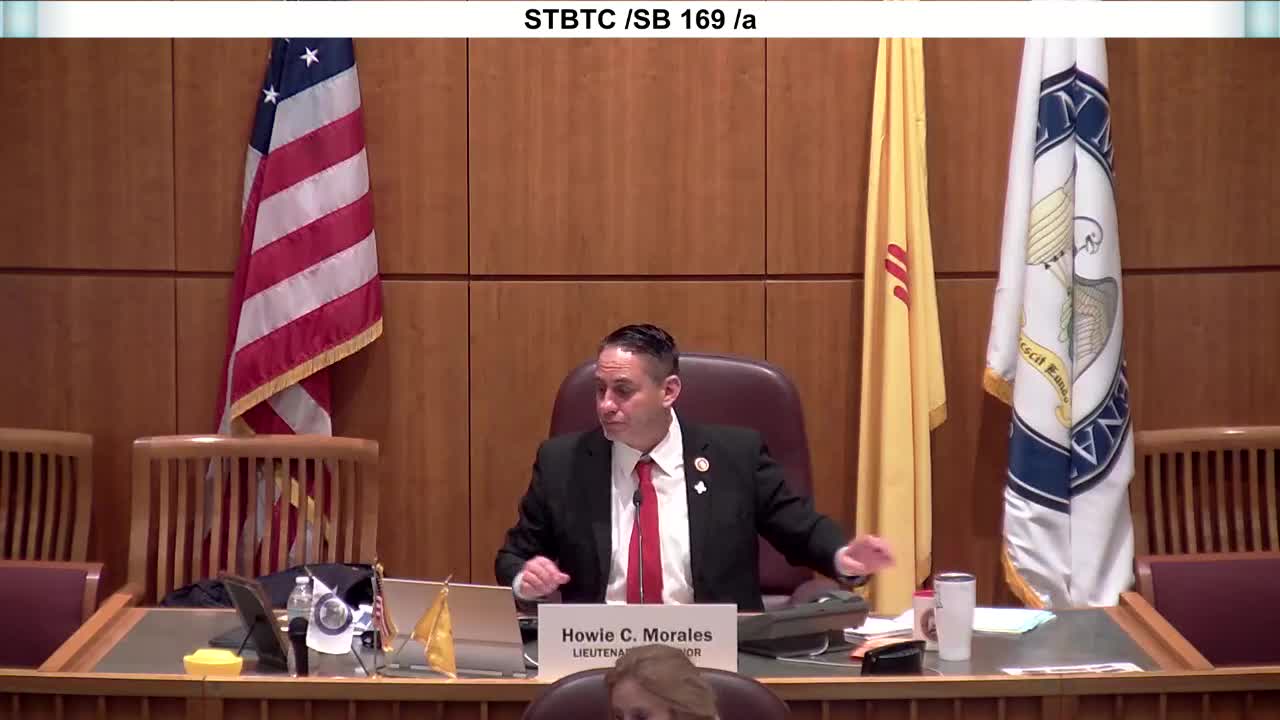Article not found
This article is no longer available. But don't worry—we've gathered other articles that discuss the same topic.
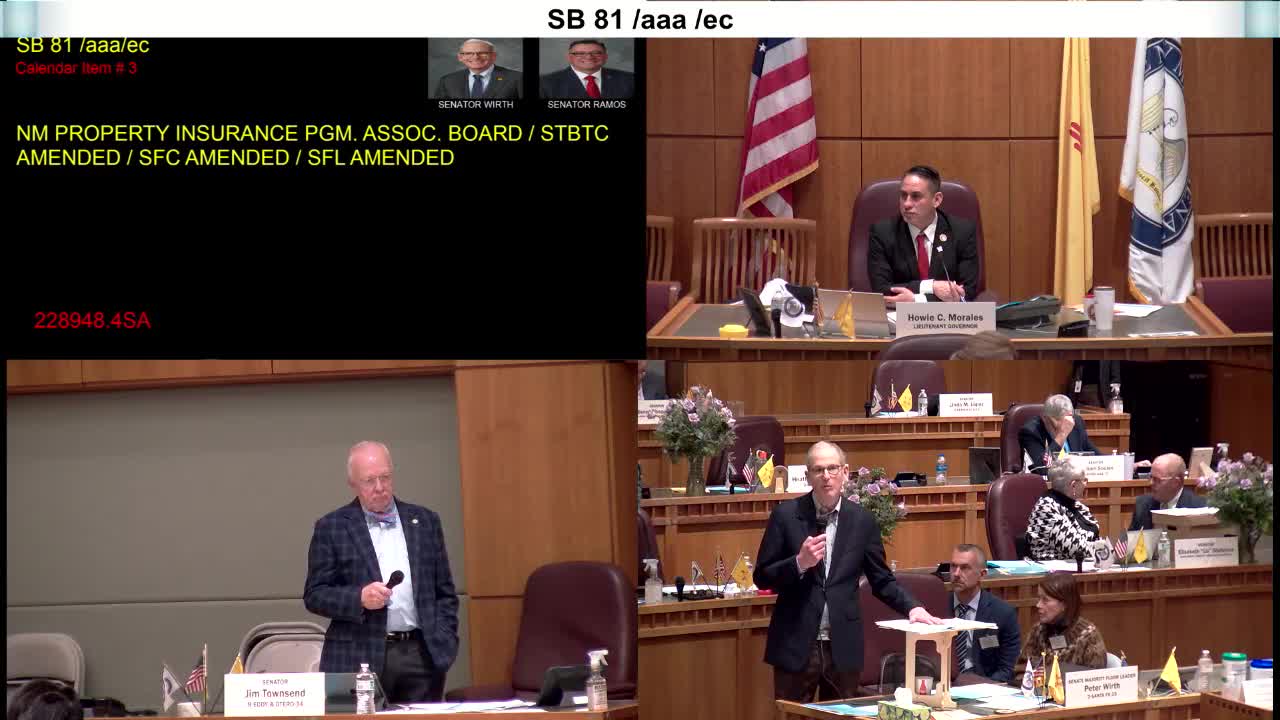
Senate clarifies telehealth law to restore services by licensed social workers
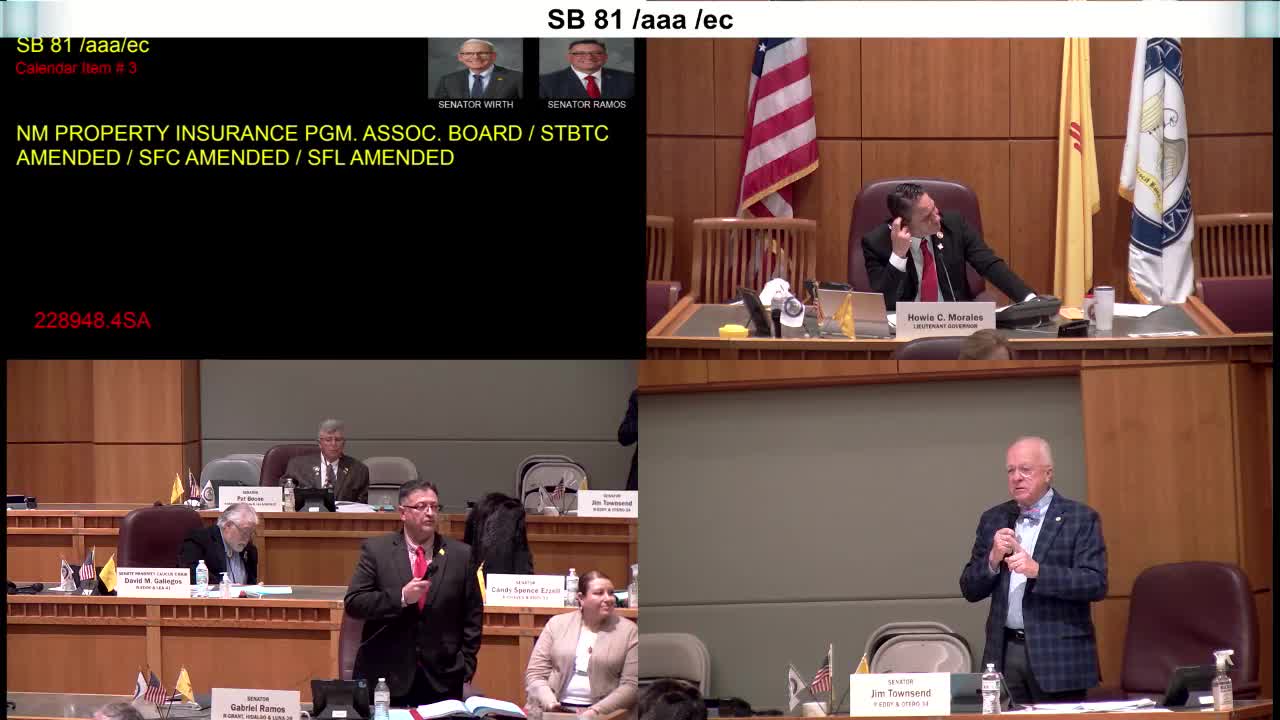
Senate advances measure to remove preauthorization for rare‑disease treatments
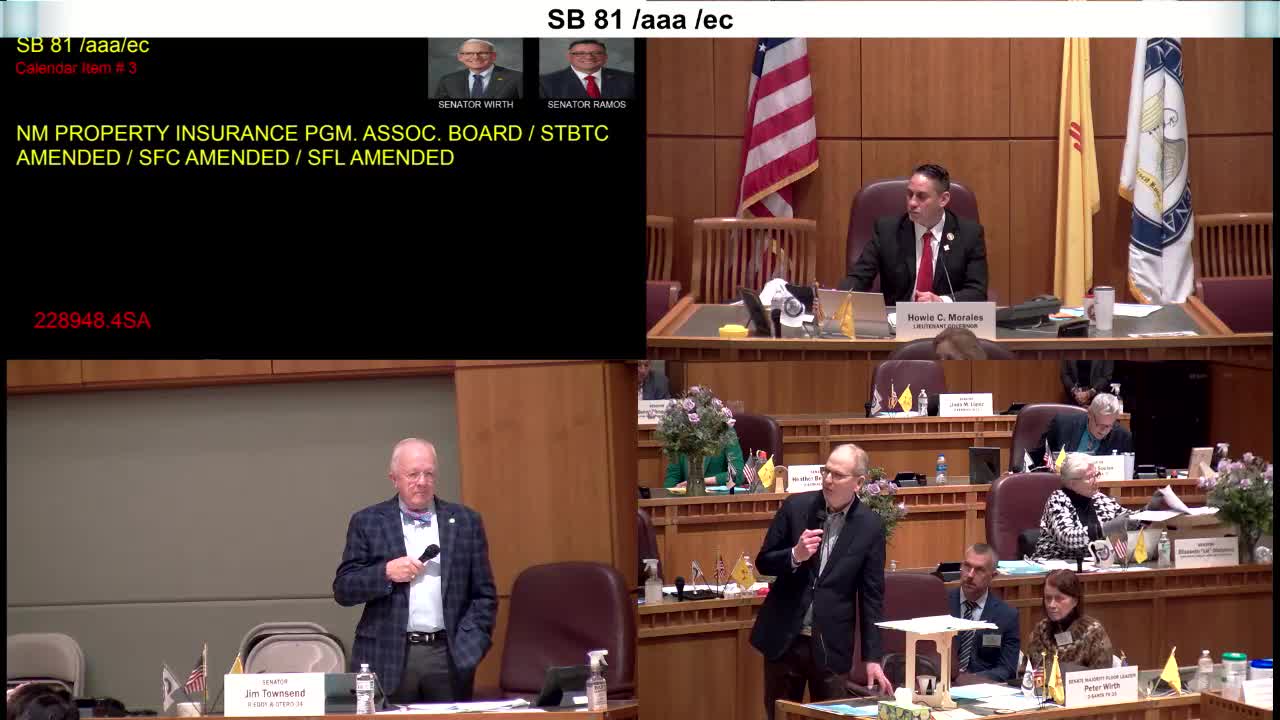
Senate approves student‑directory to help reengage high‑school non‑graduates with education and workforce programs
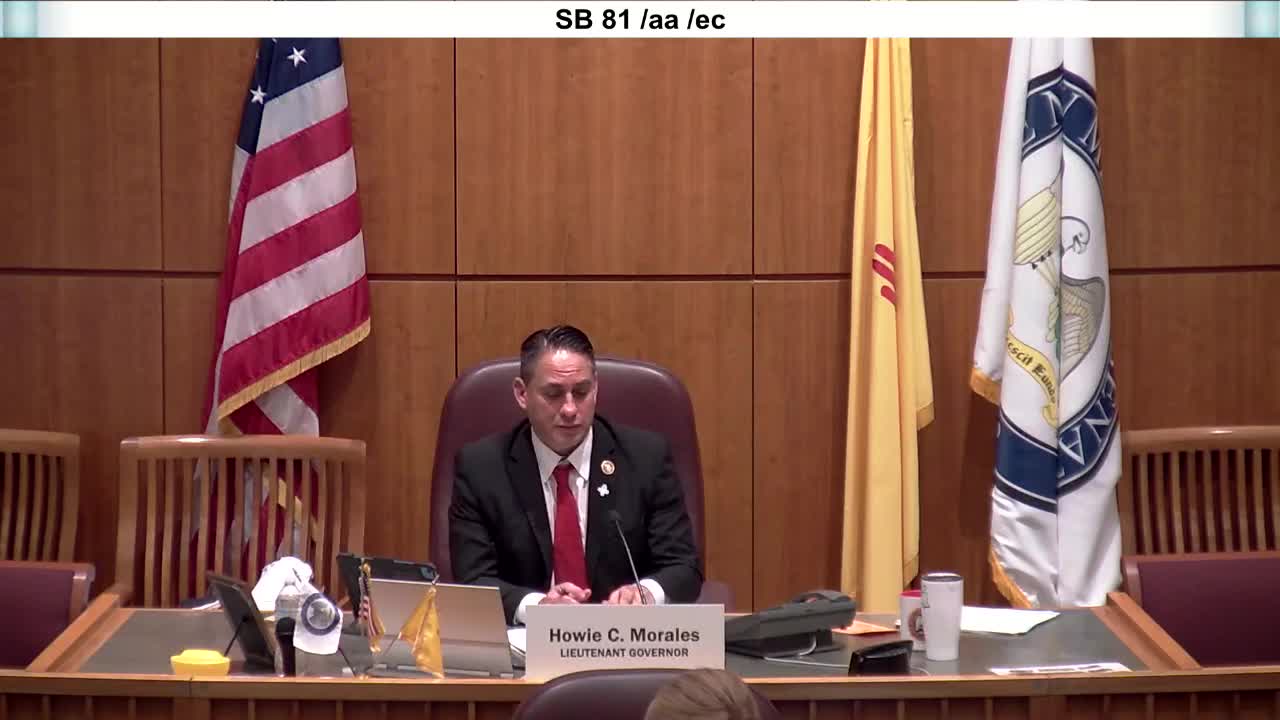
Senate raises FAIR plan limits, restructures board after wildfire‑driven insurance disruptions
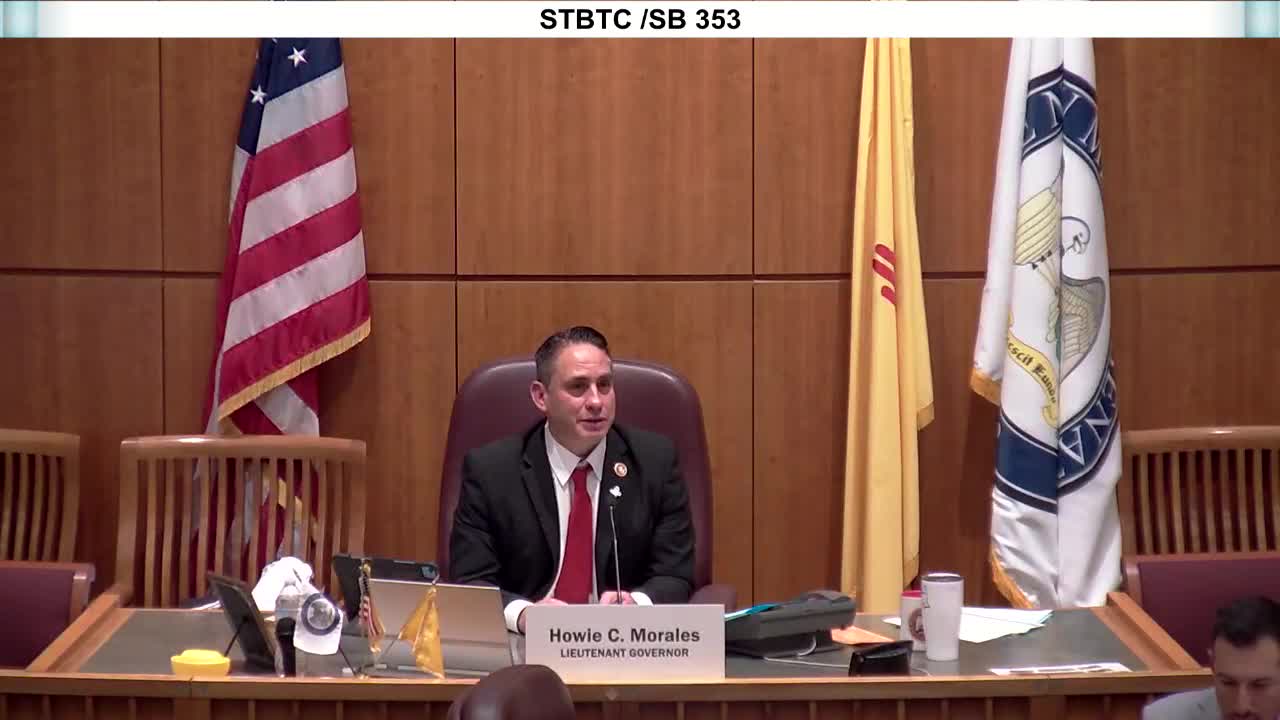
Senate requires state police mission number for search‑and‑rescue dispatch; bill passes amid debate on accountability
